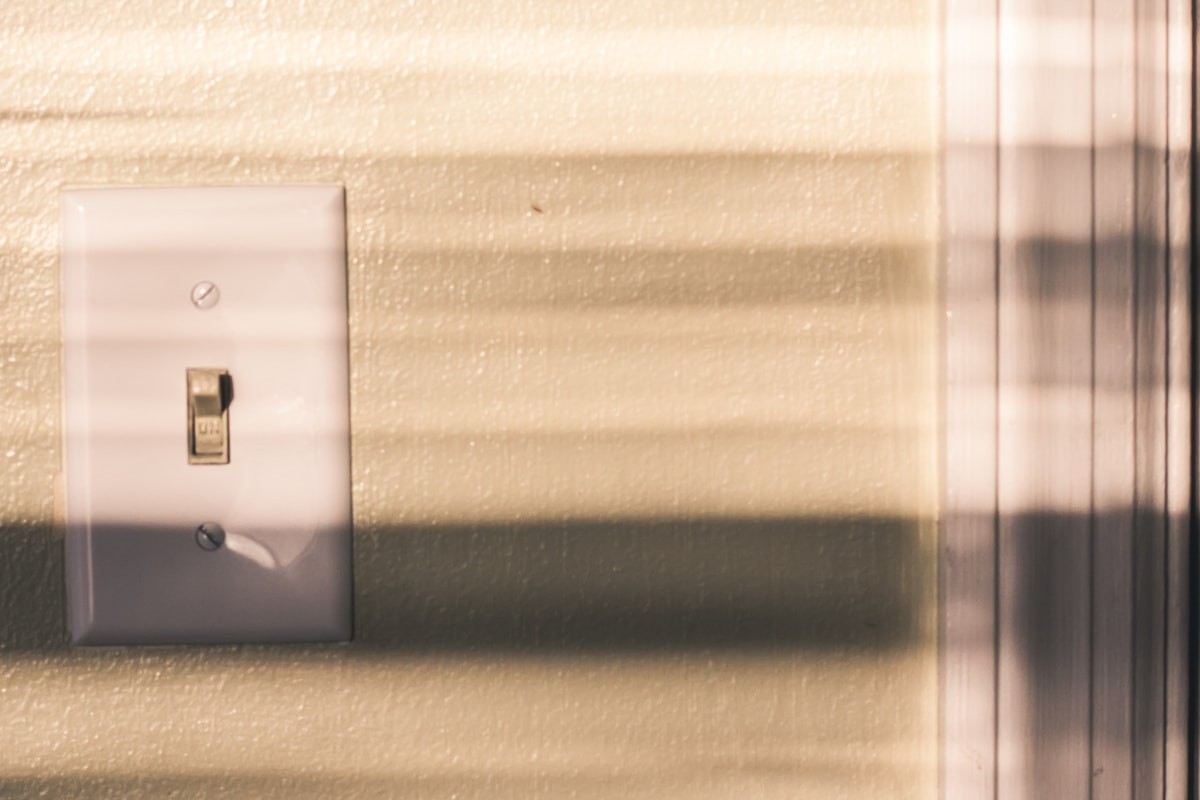By Elliott Brack
Editor and Publisher, GwinnettForum
SEPT. 5, 2023 | Think each month how many routine bills come to your address. You get invoices for your mortgage or rent, electricity, garbage, water, sewer, Internet, telephone, cable or dish for television, maybe for security and possibly lawn care. That’s a lot! You probably pay by check or credit card.
![]() There was a time in this country, years ago, when lots of monthly bills were not an element of everyday life for many people. Take the era of from 1900 to 1940, prior to World War II, when the country had a lot of farmers.
There was a time in this country, years ago, when lots of monthly bills were not an element of everyday life for many people. Take the era of from 1900 to 1940, prior to World War II, when the country had a lot of farmers.
The farmers raised mostly what they ate, hogs, cattle, corn and vegetables from their garden. They had a cow for milk, and made their own butter. They killed for their meat, often going rabbit or squirrel hunting, besides slaughtering their own hogs.
They “put up” (canned in jars or later in tins) food for the winter season, when regular foods, the tomatoes and beans and squash and potatoes and pumpkins and butterbeans and onions, were not readily available. They “got by” with this over the winter.
People who lived in town and “worked for wages” had cash money though most had not a lot. They also had few regular bills. People in those days led a simple life. Not many had little “throw away” money for a candy bar or ice cream. A Coca-Cola was a real treat.
In those days, people drew their water by hand from a well. Some bragged about how sweet and tasty their water was. That was a matter of pride. Many homes had no grass to water, since they swept their yards clean, as a precaution from fires, and did so with their homemade sagebrush brooms. For inside the home, they made their own broomstraws.
Farmers’ cash money consisted of putting some aside when the crops came in, cotton was baled, or a hog or cow was sold. Farmers first took that money and paid off their loan from when buying cotton seed and fertilizer, and hoped to have a little left for themselves. Perhaps they would buy the kids a new pair of shoes, a frock for the mother, and a new pair of overalls for the father.
About the first utility bill homes in rural areas had toward the end of the 1930s was a bill for electricity from the new Rural Electrification Authority (“the REA”), now better known as electric co-ops. The first “lights” for their home was usually a single bulb in the center of each room. And these people knew that if you left that light on, you would have a higher electric bill, and you had to pay hard-earned cash for the light bill.
So what happened? People conserved electricity. When they left a room, they switched off the light.
Even to this day, when I leave a room, I automatically turn the light out, remembering my parents imploring: “Switch off that light when you leave the room.” It’s automatic. In those days, since there wasn’t much money, conserving electricity was essential. Even today, leaving on that light will cost you a higher electric bill. And for sure, today’s family life has it so much easier.
It’s still a good idea to switch off a light, or the television set, if you aren’t in the room, to save money and electricity.










Follow Us